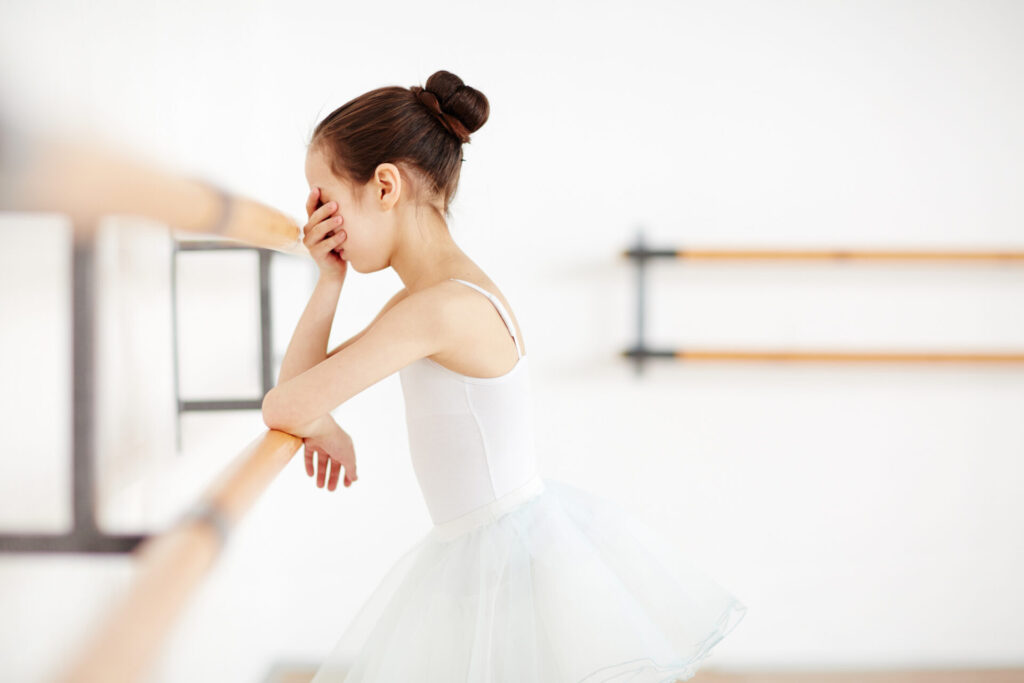
Most parents know physical violence is a bad idea. And it is unlikely to make teens listen, let alone clean up their rooms or stick to their curfews. Kids who are spanked or hit are more aggressive and more likely to have mental health problems, even into adulthood.
What might come as a surprise, though, is that yelling at our teens may cause just as much harm.
You’re probably now regretting all the times you’ve lost it on your kid. But raising a teen isn’t always a walk in the park. “I think that children’s behaviours can push parents’ buttons to a level that, as much as they want to stay in a warm place with their child, it gets really hard,” says Carolyn Bergen, a family therapist in Winnipeg. Exasperated parents often end up hollering at their kids instead.
According to a 2013 study at the University of Pittsburgh, parents who shout, swear at and insult their adolescents – and most of us have done it, say these researchers – are elevating their children’s risk of depression, and problem behaviours like rule-breaking.
“I think sometimes we get caught in the trap of thinking that kids are robust and can take just about anything short of serious physical discipline,” says Dr. Paul Boxer, a psychologist at Rutgers University in New Jersey. But it’s not the case. “Not only does physical aggression harm, but words can, too.”
Dr. Boxer co-authored a separate study at Ohio’s Bowling Green State University of 11- to 18-year-olds in the mental health system. His team found that kids with verbally aggressive parents had increased emotional and behavioural problems.
Why are teens so vulnerable to yelling? “Harsh verbal discipline feels like a threat and feels dangerous, particularly when it comes from a place they would anticipate would be safe, which is our parents,” says Carolyn. She explains that teens often cope by disconnecting themselves from the parent. “Yelling backfires. It creates a distance between the child and the parent, and it decreases the parent’s influence on the child.”
Yelling may come naturally to many of us because our own parents did it. “We tend to raise our children the way we were raised,” Carolyn says. “Most parents know instinctively that it’s probably not best to yell at our child, but it’s hard for us to help ourselves.”
So if you raise your voice once in a fit of frustration or fear, have you scarred your child for life? Probably not. The risk of harm seems to go up if the yelling is frequent, if you truly lose your temper while you’re doing it, and if you criticize your child (calling her lazy or stupid) rather than focussing on the behaviour. But if you’re worried that you’re hollering a little too often, it’s worth exploring a few practical ways to try to refrain. Carolyn suggests:
- Look after yourself. You’re less likely to lose your temper if you’re not stressed or tired.
- Nurture your parent-child connection. Teens still need to feel close to you and supported.
- Take a time-out if you feel like yelling during a discussion.
- Give natural consequences. Making your teen pay for a parking ticket is not a punishment, but an example of how things work in the real world.
Even trying your hardest, you may still slip. “We’re human, and I think there are times when parents are going to address their child in a way that doesn’t represent them well,” says Bergen. So if you do end up screaming, own up to it and say sorry. “That’s a really good opportunity to model accountability and respect. The child sees you make amends when you goof.”
Carolyn says it may also help to consult with more experienced parents. “When you’re struggling with your teenagers, there’s nothing as powerful as talking to someone who’s made it out the other side.”
Originally published in ParentsCanada magazine, October 2014.








